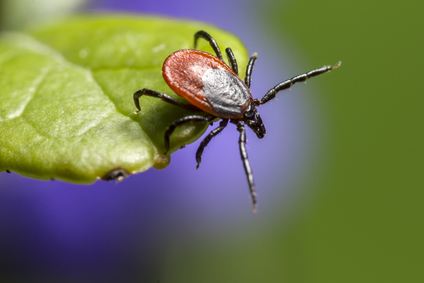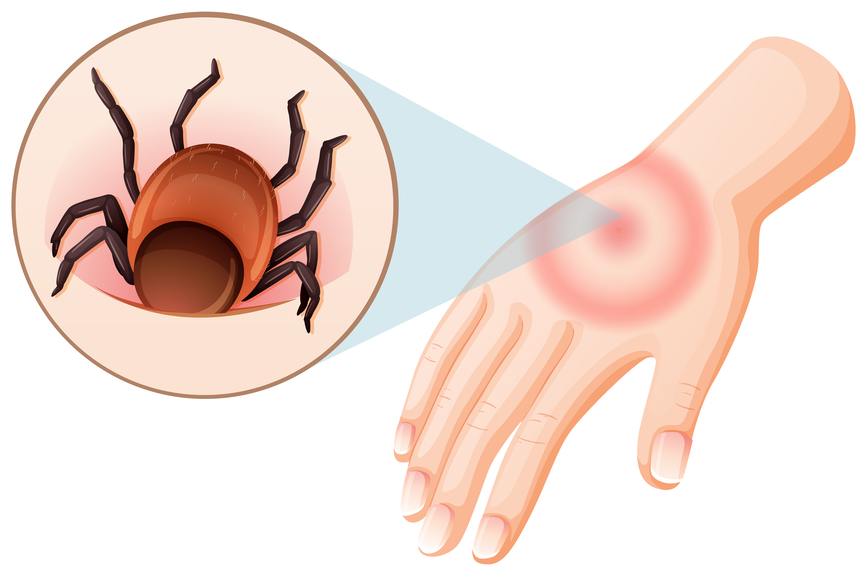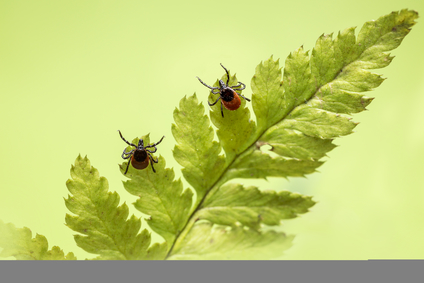Ticks: Their Roles and Response To Environmental Changes
If you have experienced Lyme Disease, you know that ticks are treacherous pests. The diseases they transmit can lead to life-long health challenges. Worse still, they can cause death. There is no doubt that any person who has suffered from tick-borne illnesses would want them completely exterminated. A tick-free world is a safer world, isn’t it?
Well, have you ever wondered whether ticks are of any use in this world? Unlike ants, ticks do not help in planting seeds. Neither do they help with pollination as bees do. So, are they really beneficial? Will the ecosystem lose balance without their presence? Here are the facts:

They Provide Food for Other Animals
Ticks may feed on a lot of mammals, but they often become a meal themselves. Many animals feed on ticks, including reptiles, birds and wild turkeys. In some regions, homeowners have turned to buying guinea fowl to help reduce tick populations and protect other farm animals from becoming hosts — though this solution is not as effective as using a pest control service.
They Tell Scientists How the Environment is Doing
Scientists monitor tick populations to find out how certain ecosystems are doing. Where ticks are abundant, populations of smaller mammals, such as rodents, squirrels and rabbits may also be high. A low tick population can also indicate that predators of smaller animals may be getting out of control. Everything is interconnected in the animal kingdom and, regardless of not being favored by many people, ticks do play an important role in helping to strike the right balance in the ecosystems they live in. Read more at Terminix
As difficult as it may be to admit it, ticks play an important role in both animal and human life. However, this doesn’t mean you can tolerate their presence. You still need to protect your family from the potential ravages they can cause.

This calls for an awareness of how ticks behave in various environmental conditions. One of the major concerns as far as ticks are concerned is environmental change. Here are some insights into the subject matter:
One of the primary factors driving an increase in tick-borne diseases is climate change. Warming temperatures create more hospitable conditions for ticks and their animal hosts, thus creating more opportunities for ticks to spread diseases. In fact, the EPA uses Lyme disease as an indicator of climate change, highlighting the interconnection of human activity, the environment, and vector-borne diseases.
This connection underscores the importance of the emerging field of planetary health, which aims to increase public understanding of and preparedness for zoonotic infectious diseases – like those spread by ticks – through policies and educational efforts that take the environment into account. Read more at IGeneX
As much as we would want to wish it away, the subject of ticks cannot be ignored. The warmer it gets, the more ticks multiply. And if there will be any environmental changes that gravitate toward warmer temps, tick prevention will need to go to another level.

Surprisingly, this is not a concern for the far-off future. We are already experiencing major climatic changes and so need to be on high alert. The following account explains what we are facing in the present times:
Growing up in north-eastern Ohio, Kimberly Byce spent much of her childhood running around in the woods, with the greatest threat being mosquito bites or sunburn. She can’t remember her parents ever uttering the word “tick”. And yet, in adulthood, disease-laden ticks now blight her family’s life.
Byce’s husband Trent Beers has been struck down by Lyme disease twice in the past year, initially misdiagnosed after suffering back pain so bad he couldn’t emerge from bed, drenched from night sweats and his mind a fog of confusion. Their sons Arbor, four, and Abbott, seven, were struck down by raging fevers initially thought to be related to coronavirus, but subsequently confirmed to also be from Lyme disease…
“It’s really wearing on the kids, when they are in the back yard I’m spraying them like a maniac which is kind of putting a lot of fear into them,” Byce said…Read more at The Guardian
The fact that the symptoms of Lyme are similar to those of Covid-19 makes the case more complex. So, you need to do your best to protect your family from ticks and the diseases they carry.
Tired of trying to control ticks in your yard? Have you tried everything in the book and haven’t seen positive results? Well, Backyard Bug Patrol is here for you. We hate ticks with a passion! We will be sure to make your yard tick-free so your children’s outdoor fun isn’t stolen from them. Call us today for the best deal in town!
